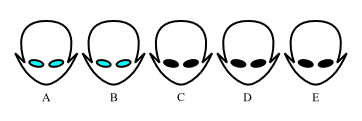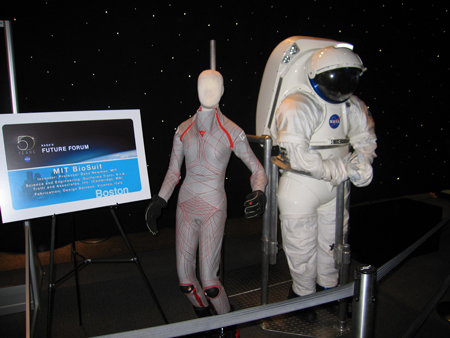What is reductionism

A friend sent me links to the Robert Sapolski lectures on biology and behavior, specifically the lecture about Chaos and Reductionism . Nice stuff, well worth watching. Though of course I wouldn't be me if I didn't notice that there were some things about those two topics that would need to be presented a bit differently. So today, for Christmas, reductionism and how it manifests itself. The short answer for 'what is reductionism?' is, 'modular thinking applied to science'. For the long answer, use the read more link.







